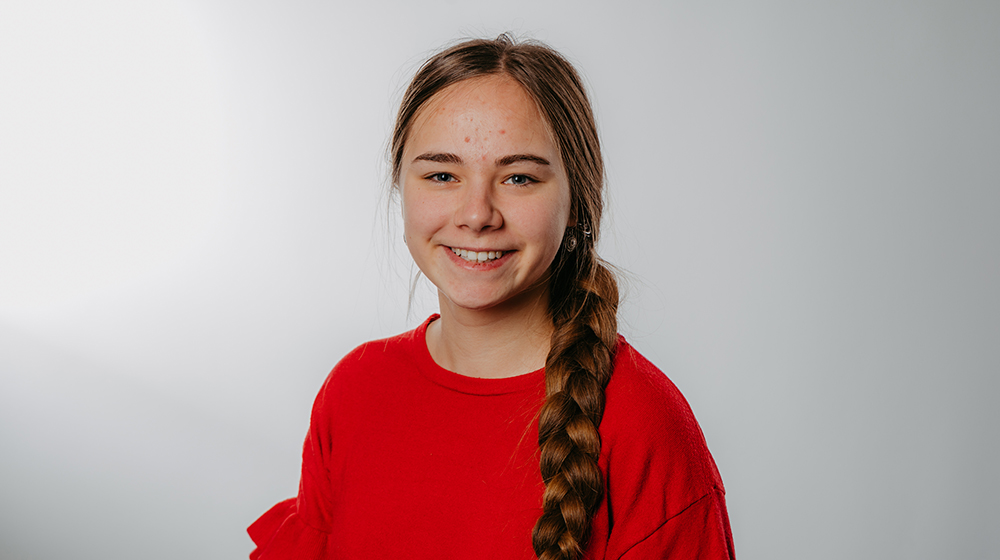
We encounter artificial intelligence, or AI for short, more and more frequently and as a matter of course in our everyday lives, without even realising it. However, it is also increasingly being used in numerous specialist areas such as medicine and engineering, which raises further questions as to when and under what conditions we should utilise this new technology. At the University of Magdeburg, students on the new Bachelor's degree programme in AI Engineering have been studying precisely this content since the start of this winter semester. It is a joint degree program of the Faculty of Computer Science and the Faculty of Mechanical Engineering, whereby the students are enrolled at the latter.
One of these students is Luise Neumann. For the 19-year-old from Saxony-Anhalt, one thing was clear: she wanted to study engineering. During her research for the right degree programme, however, she was not really convinced by many of the courses on offer. "Many descriptions of engineering degree programmes were simply too specific for me. What's more, I also wanted to stay close to home to study," says the student. She finally became aware of the AI Engineering degree programme at the University of Magdeburg. She was particularly interested in the topicality and versatility of the subject, including what exactly is behind the phenomenon of AI and what processes are involved in its development. In the first semester, which has just started, the students are primarily dealing with the basics of computer science, mathematics and physics, but data and AI engineering are also part of the course content, which has been specially tailored to the degree programme.
Programming was a new experience for first-year student Luise Neumann: "I hadn't really had any contact with it before and it was quite challenging at the beginning. The preliminary course that was offered helped a lot here, where we were taught the basics before the actual start of the programme, which I am now able to work with well," reports the student.
Choose specialization after 4 semesters
A specialty of the AI Engineering degree course is its unusual organisation, which is jointly supported by five universities in the country. Instead of a single place of study, as is usually the case, students can either stay at the university or choose to study at the universities in Wernigerode, Bernburg, Merseburg or Magdeburg-Stendal. The cooperation between these five universities in Saxony-Anhalt offers various specialisation options at each location. From agricultural economics to biomechanics, a wide variety of facets of AI utilisation can be covered in teaching in this way. Although Luise Neumann is still at the very beginning of her studies, she could well imagine specialising in the "Green Engineering" branch at Merseburg University of Applied Sciences later on. The specialisation, which could not be more topical, teaches students how energy processes and therefore the future can be made more sustainable with the help of AI.
Although the degree programme only recently premiered, the student is satisfied with her choice, but: "The workload can be challenging at the beginning, you have to invest a lot of time. In addition to an interest in the STEM subjects, you should also be motivated and always keep the goal in mind. According to the student, this will definitely pay off, as there are many career opportunities later on. "For example, graduates can work in the automotive industry, logistics, energy and environmental technology, but also in sports and healthcare."
